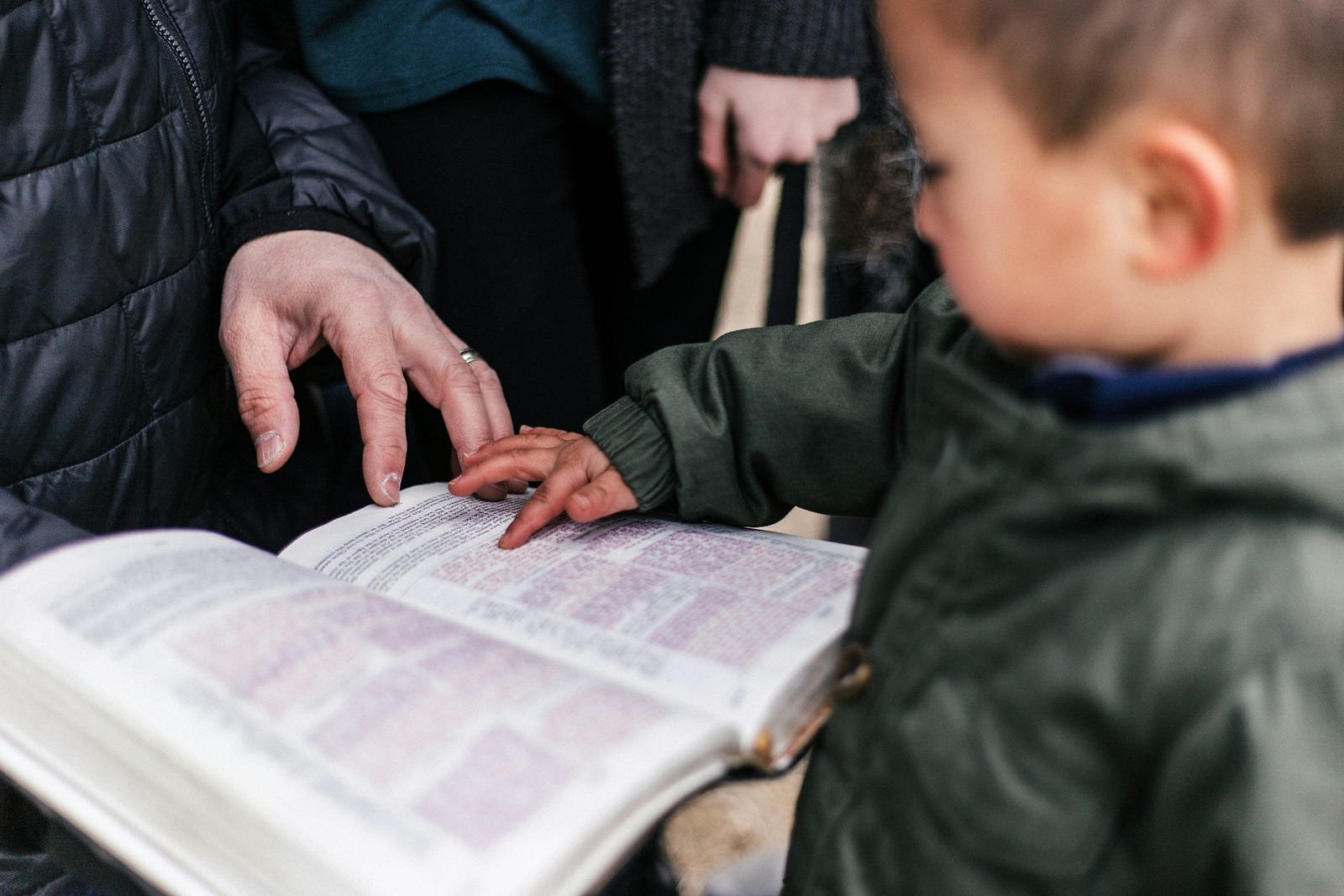Forgiveness is one of the most profound acts of emotional strength and human resilience. In a world where relationships are often strained by miscommunication, betrayal, and unresolved pain, the ability to forgive can be transformative. Whether in romantic partnerships, friendships, or family dynamics, forgiveness plays a critical role in emotional healing, personal growth, and relational restoration.
In this comprehensive guide, we’ll explore the power of forgiveness, debunk common myths, highlight its psychological and physiological benefits, and provide actionable steps to help anyone navigate the process. By the end, you’ll understand why forgiveness is not just an emotional gift to others — but also to yourself.

Understanding Forgiveness: More Than Just Letting Go
Forgiveness is often misunderstood. It is not about forgetting, excusing hurtful behavior, or reconciling at all costs. Instead, it is a conscious decision to release resentment and the desire for revenge, even if the offender doesn’t apologize or acknowledge the hurt caused.
True forgiveness is a personal journey. It is an internal process that frees the individual from the emotional chains of anger, bitterness, and blame. While reconciliation may sometimes follow, forgiveness can occur independently — and often must.
Why Forgiveness Matters in Relationships
Every relationship, no matter how strong, experiences conflict. Whether it’s a harsh word said in anger, a deep betrayal, or a pattern of neglect, these wounds can erode connection over time. Holding onto resentment creates emotional distance, blocks vulnerability, and fosters mistrust.
Forgiveness offers a path forward. It allows individuals to:
- Heal emotional wounds and reduce psychological distress.
- Restore trust through honest dialogue and changed behavior.
- Rebuild intimacy in relationships through empathy and understanding.
- Reclaim emotional freedom, shifting from victimhood to empowerment.
The Psychological Benefits of Forgiveness
Forgiveness has been widely studied in the field of psychology, with compelling findings about its mental health benefits. According to research published in the Journal of Behavioral Medicine, people who forgive more easily tend to have lower levels of anxiety, depression, and stress.
Other documented benefits include:
- Improved mood and self-esteem
- Greater life satisfaction
- Enhanced empathy and compassion
- Reduced symptoms of PTSD in trauma survivors
These effects are especially potent in long-term relationships, where patterns of hurt and repair define the emotional climate.
The Physical Impact: How Forgiveness Affects the Body
Emotional pain doesn’t just live in the mind; it manifests in the body. Chronic anger and resentment can contribute to physical issues such as high blood pressure, heart problems, and weakened immune function.
Studies show that forgiveness reduces physiological stress responses, including cortisol levels. When we forgive, we interrupt the body’s stress cycle, improve sleep quality, and support cardiovascular health. In short, forgiveness is not only good for your heart metaphorically — but literally.
Myths About Forgiveness You Need to Stop Believing
Despite its importance, many people resist forgiveness due to misunderstandings. Let’s bust some common myths:
Myth 1: Forgiveness means forgetting.
Reality: You can remember the offense and still choose to forgive. It’s about learning, not erasing.
Myth 2: Forgiveness excuses bad behavior.
Reality: Forgiveness holds people accountable without needing to hold on to anger. Boundaries can coexist with forgiveness.
Myth 3: You need an apology to forgive.
Reality: Forgiveness is for you, not for them. Waiting for an apology gives away your power to heal.
Myth 4: Forgiveness equals reconciliation.
Reality: Rebuilding a relationship is optional. Forgiveness is an internal process; reconciliation is a mutual one.
The Process of Forgiving: How to Begin
Forgiveness is rarely instant. It’s a layered, often nonlinear process that takes time and intention. Here’s a proven roadmap to guide your journey:
1. Acknowledge the Pain
Before you can forgive, you must validate the pain. Denying your feelings only suppresses them. Journaling or speaking to a therapist can help articulate the hurt without judgment.
2. Identify the Root
Was it betrayal, neglect, criticism, or dishonesty? Understand the underlying issue. Often, surface-level conflict masks deeper emotional wounds like abandonment or rejection.
3. Decide to Forgive
Forgiveness is a choice. It may take days, months, or years to feel fully ready — but the decision to work toward forgiveness can start today. Say to yourself, “I choose to release this burden, for my peace.”
4. Reframe the Story
Try to view the offender through a human lens. This doesn’t excuse the behavior but invites empathy. Ask: What pain or ignorance might have caused their actions? How can I respond with grace rather than vengeance?
5. Let Go of the Grudge
Release the mental replay of the offense. Visualization techniques — like imagining a balloon floating away — can be helpful. Replace bitter thoughts with affirmations of peace and healing.
6. Set Healthy Boundaries
Forgiveness doesn’t mean tolerating repeat offenses. Clearly define what is acceptable and enforce those boundaries respectfully. Doing so protects your healing and prevents further harm.
When You’re the One Seeking Forgiveness
Sometimes, we are the ones who have caused pain. In these cases, asking for forgiveness requires humility, courage, and accountability.
Here’s how to do it sincerely:
- Acknowledge the harm without deflecting or minimizing.
- Apologize fully, using language like “I was wrong,” or “I hurt you.”
- Show empathy for the impact of your actions.
- Commit to change through behavior, not just words.
Healing takes time, but genuine remorse often opens the door to restoration.
Teaching Forgiveness in the Age of Cancel Culture
In today’s digital world, mistakes are often immortalized, and the idea of second chances is under threat. While accountability is crucial, so is the capacity for redemption. Teaching forgiveness — in families, schools, and society — is essential for emotional intelligence and conflict resolution.
We must remind ourselves and others that people are capable of growth. That pain, when processed, can lead to wisdom. That forgiveness is not weakness — but a revolutionary act of strength.
Final Thoughts: Forgiveness Is a Gift You Give Yourself
The power of forgiveness lies not just in mending broken relationships, but in restoring wholeness to the person who chooses to forgive. It is a gift of liberation — a way to move forward without the heavy weight of resentment.
Whether you’re working through the wounds of betrayal or trying to rebuild after conflict, know this: healing is possible. Not easy, not instant — but absolutely within reach.
When we forgive, we don’t change the past. We change the future.










